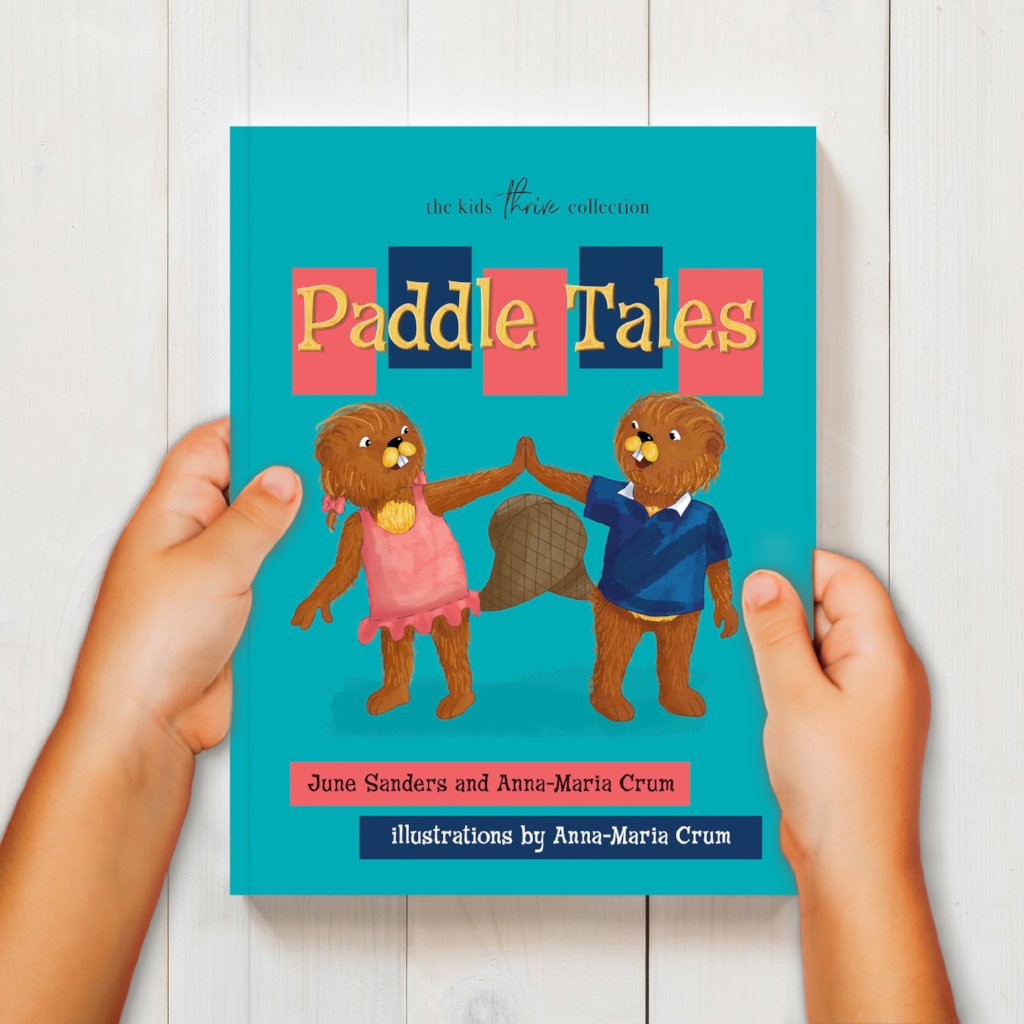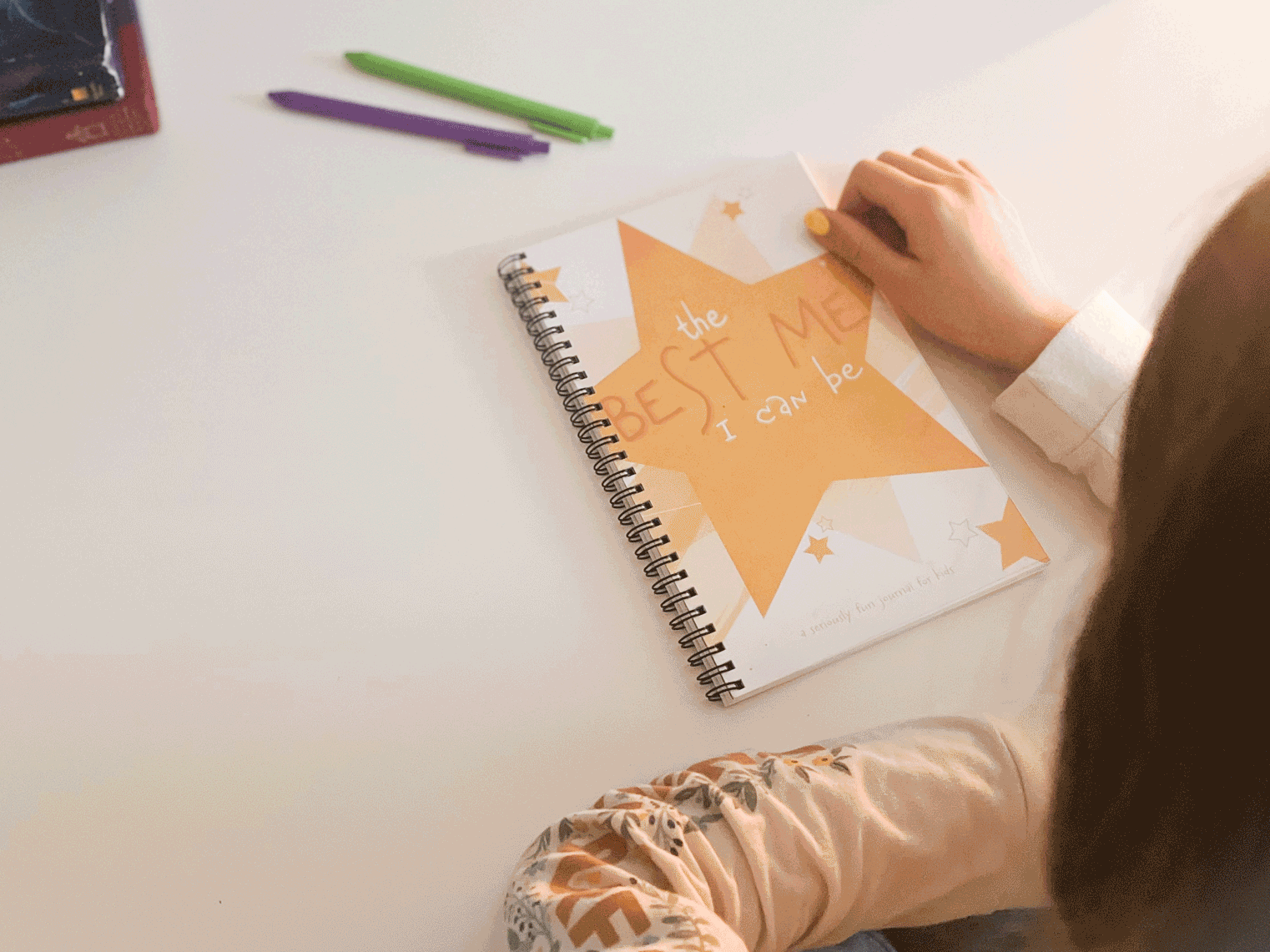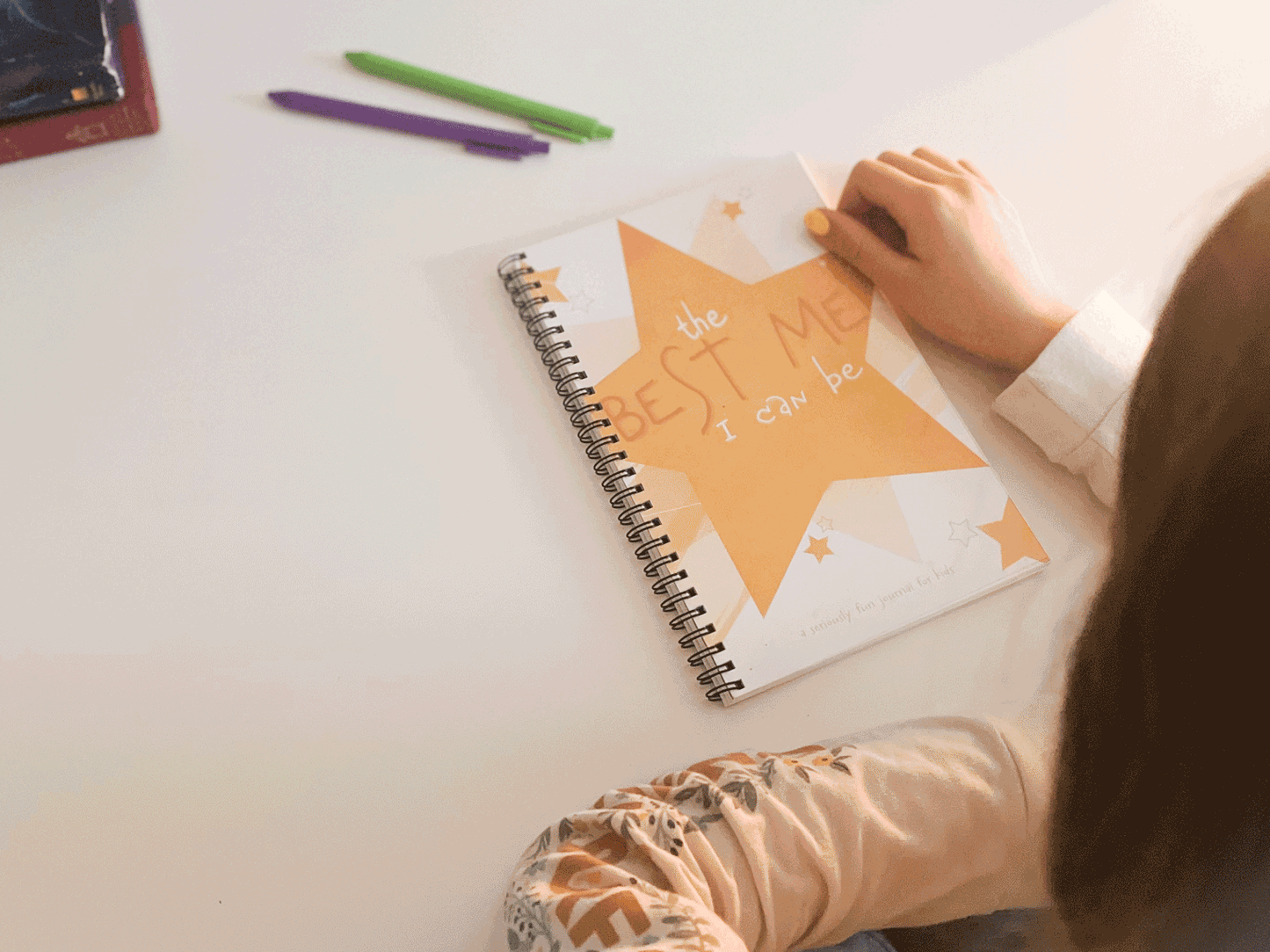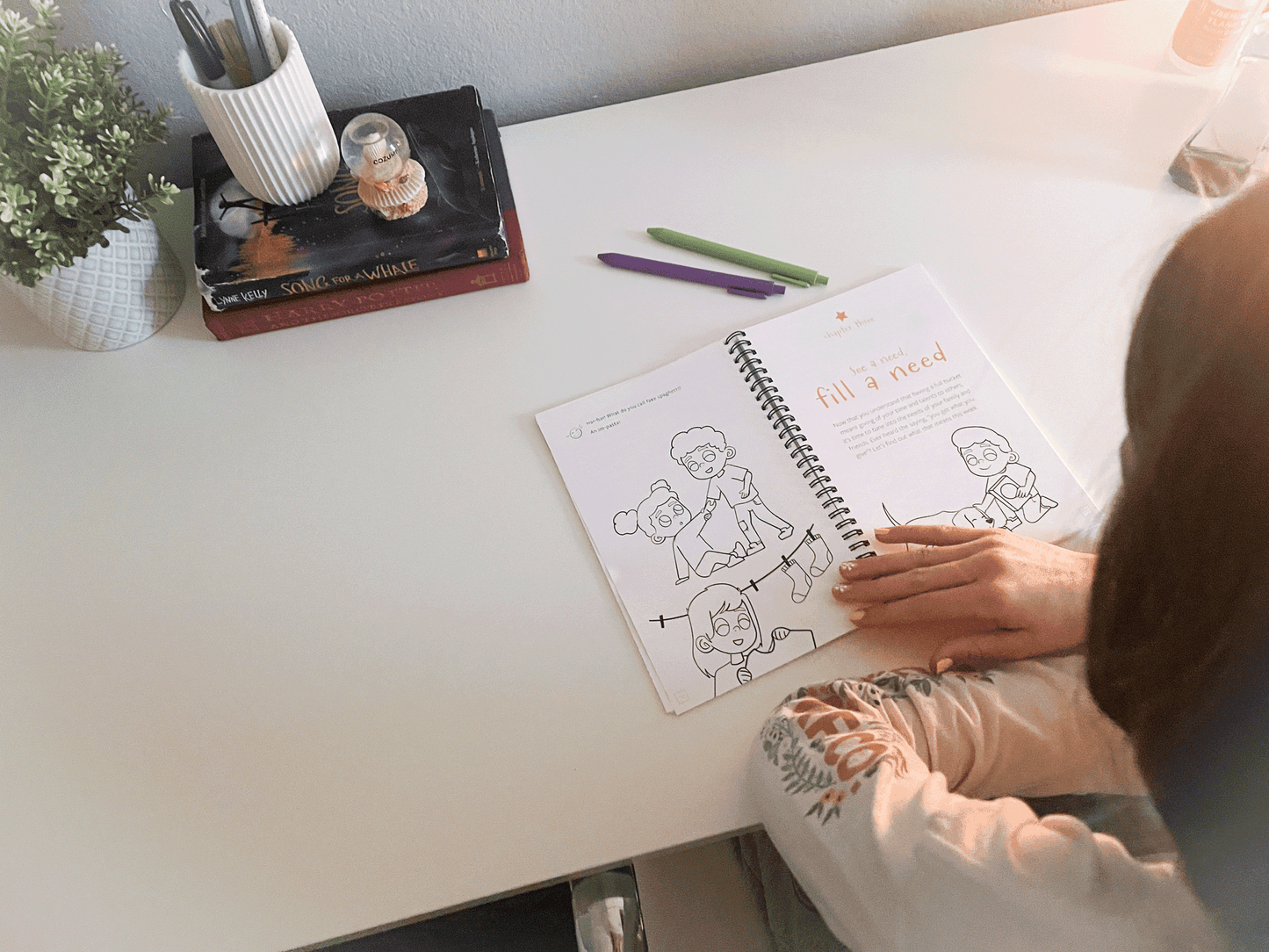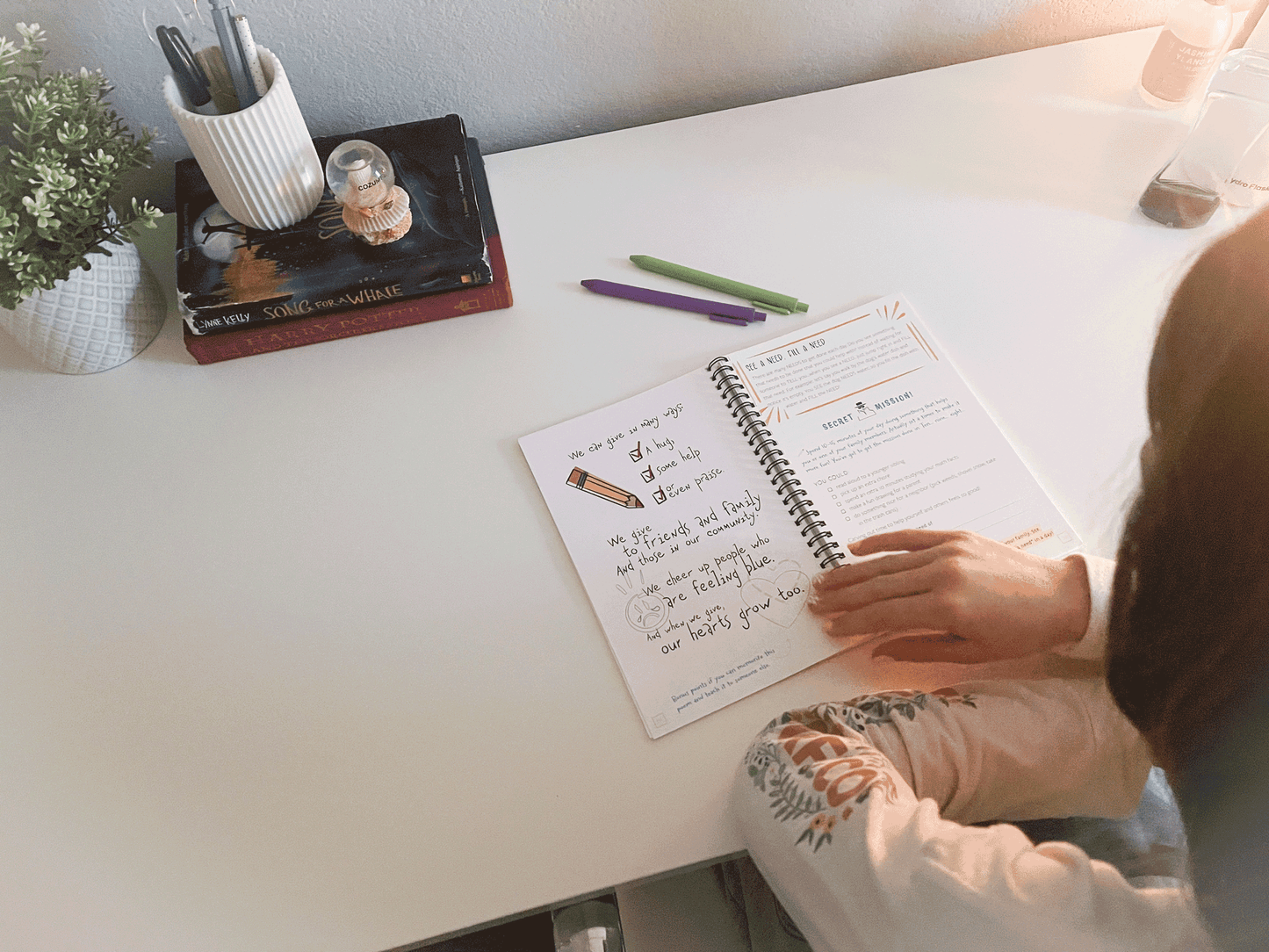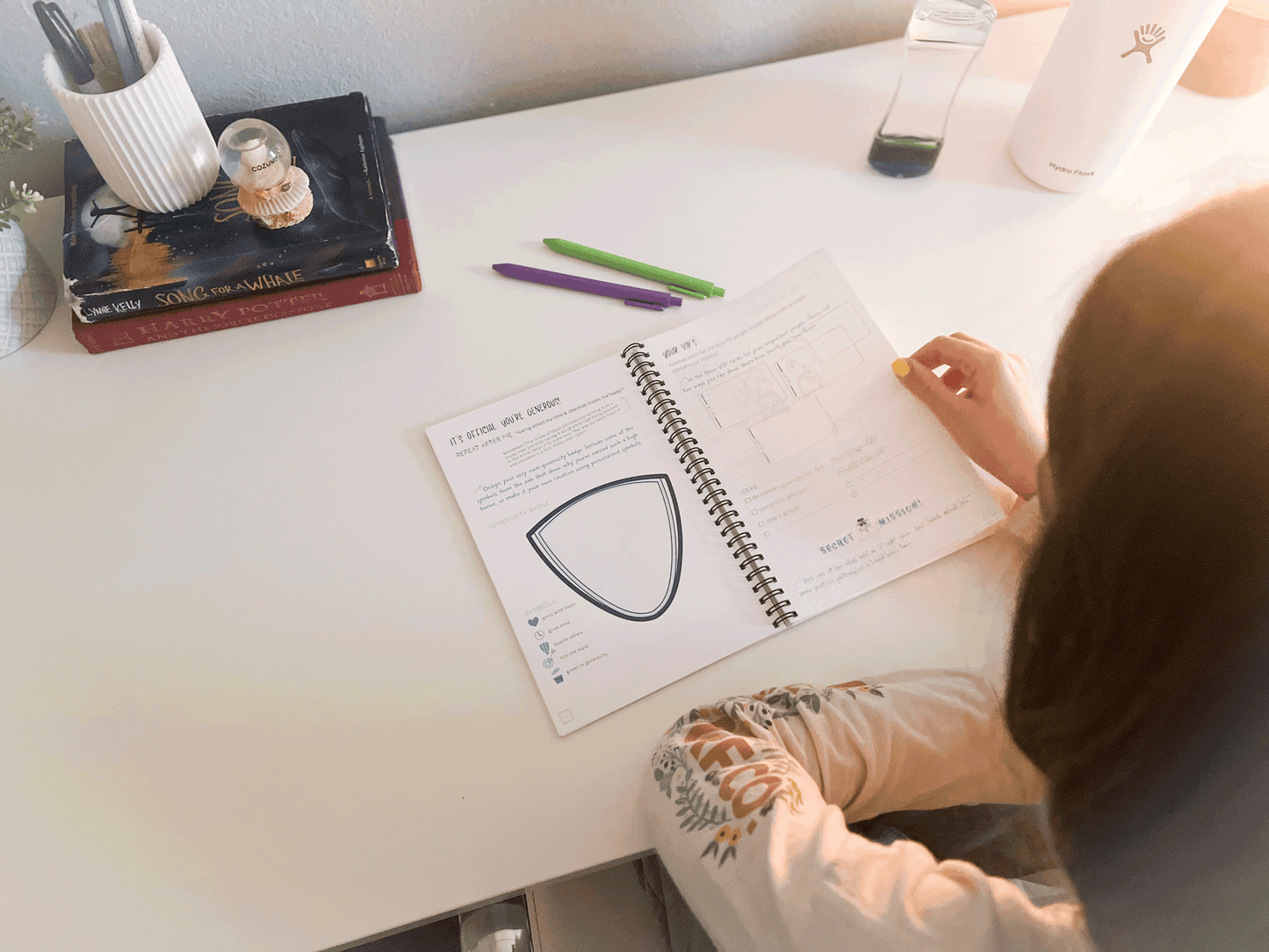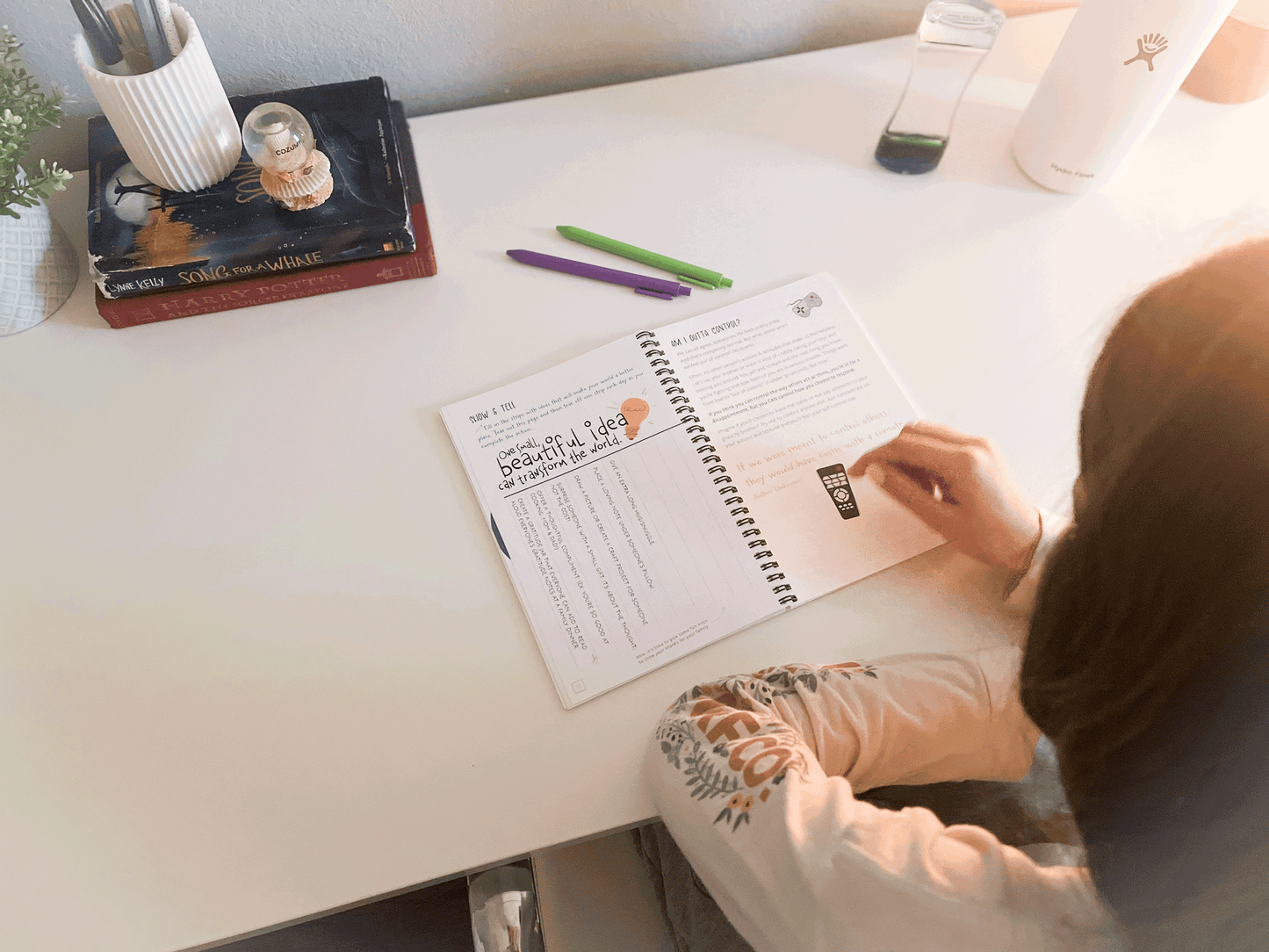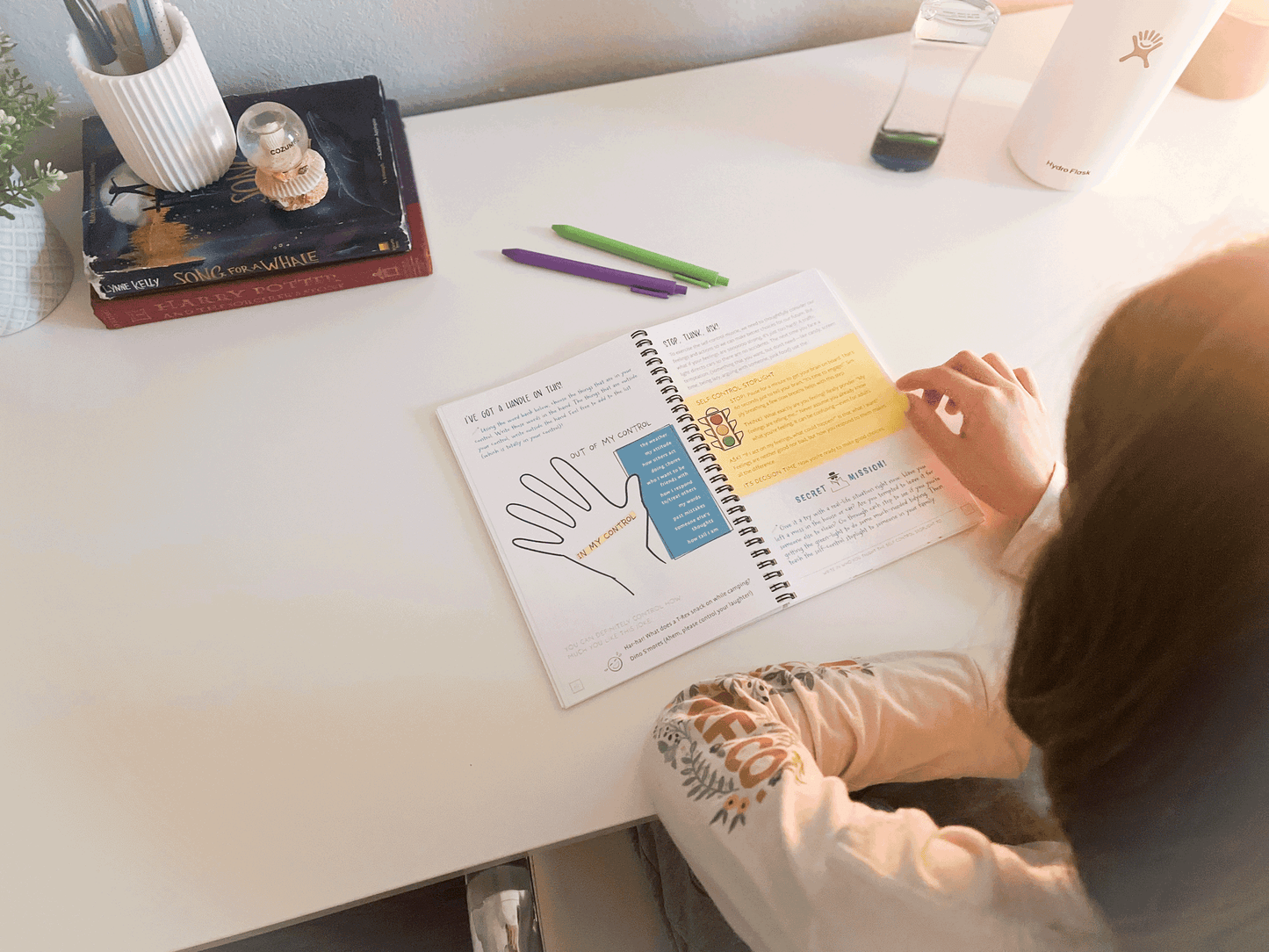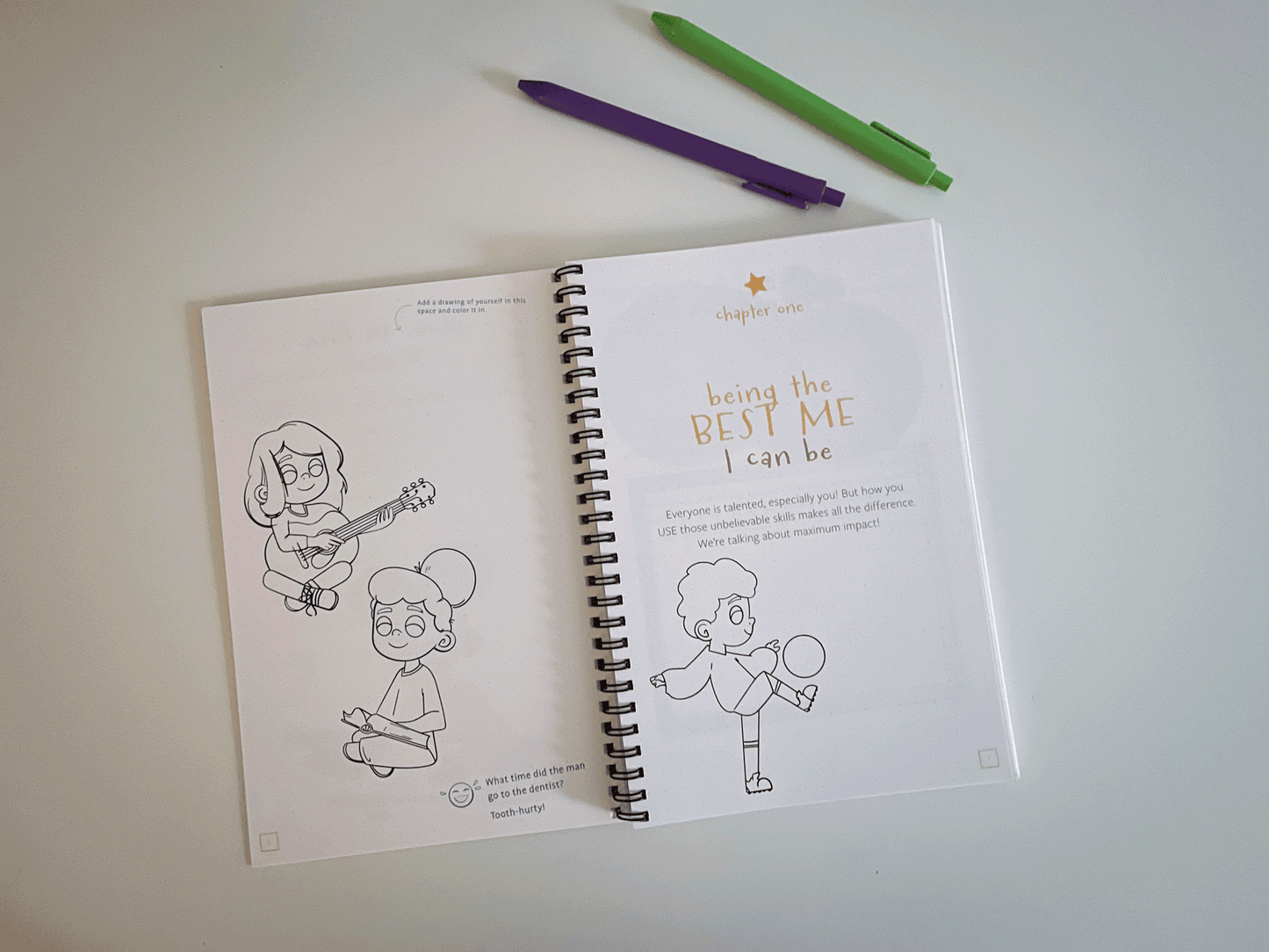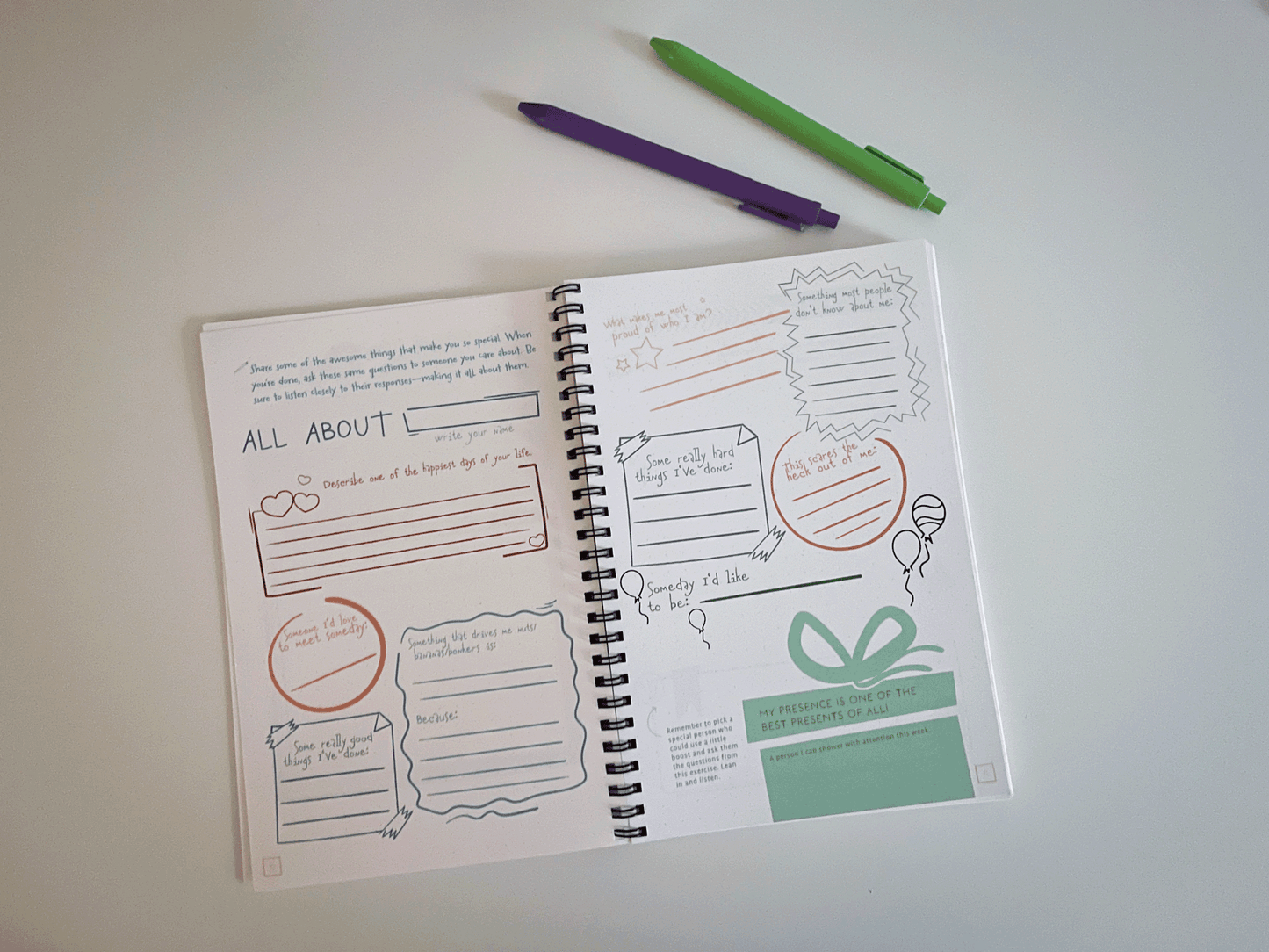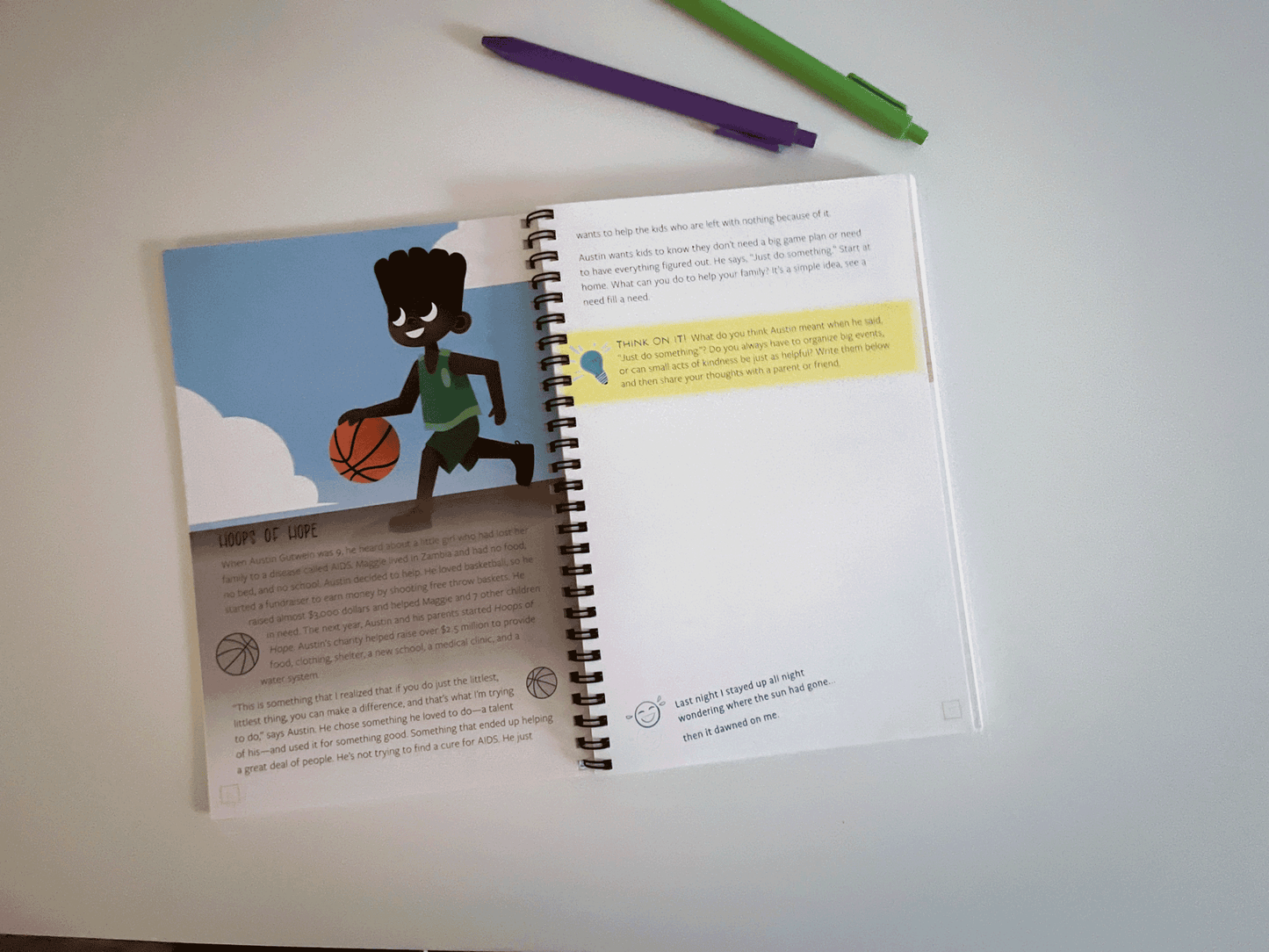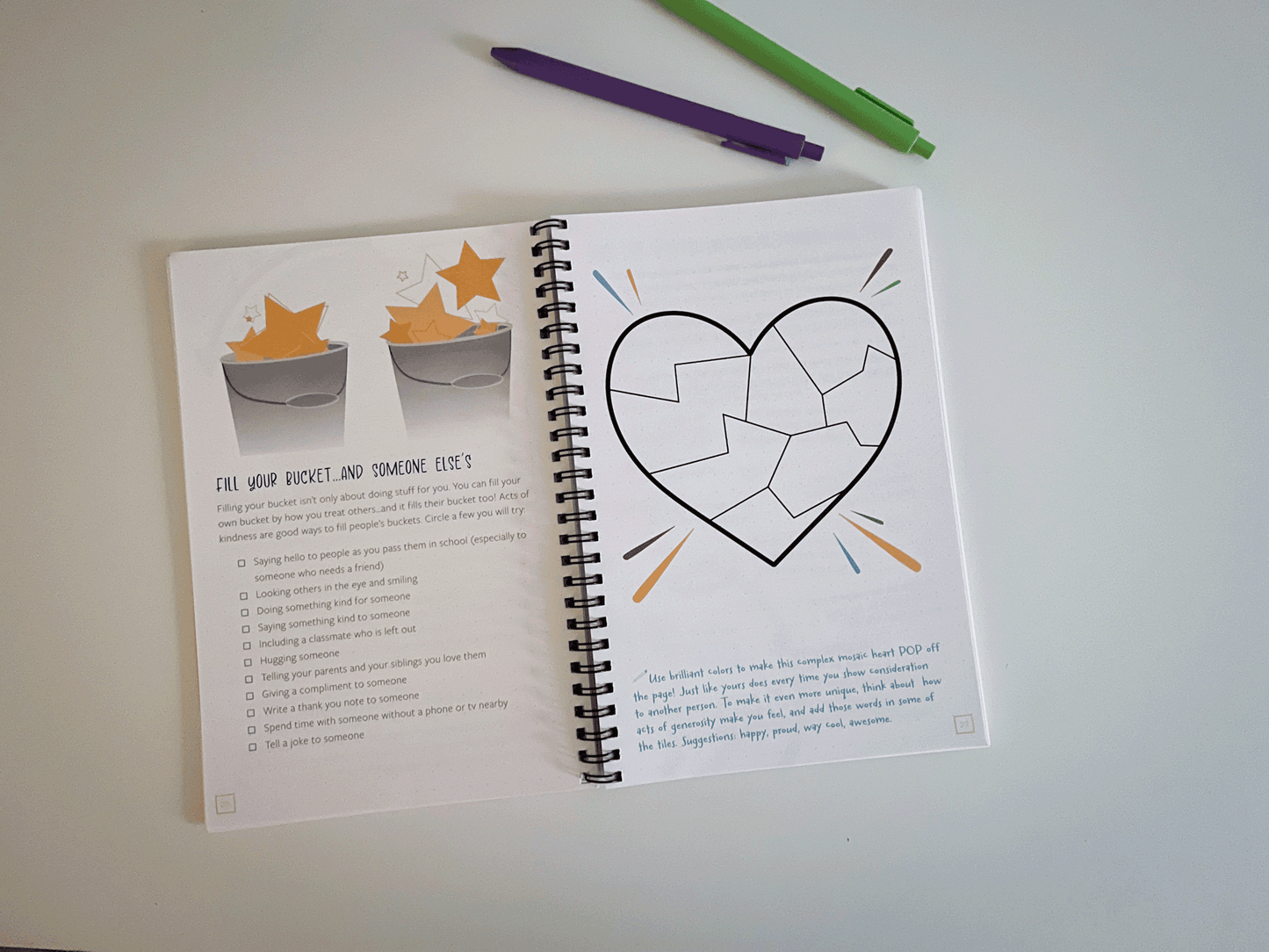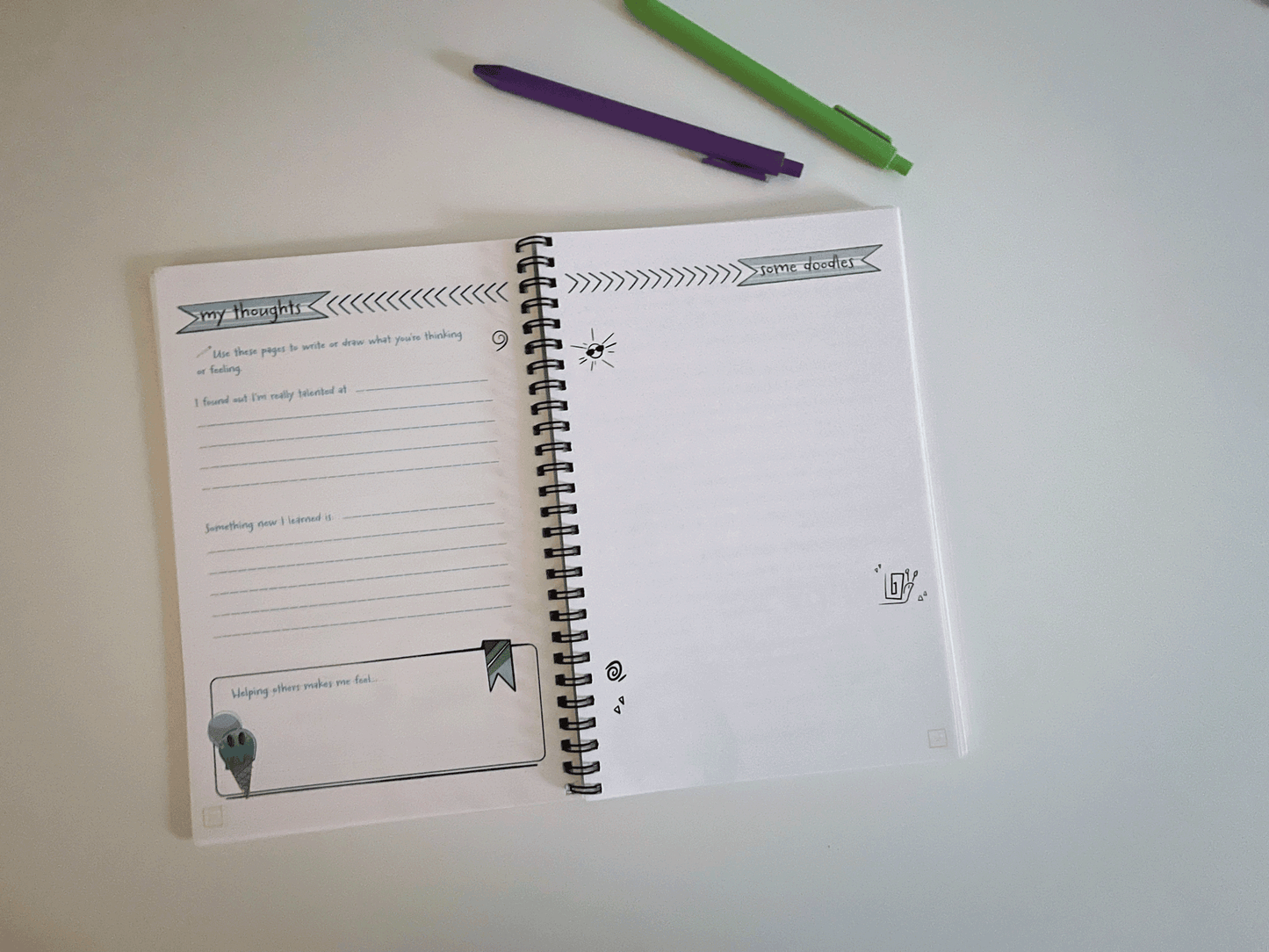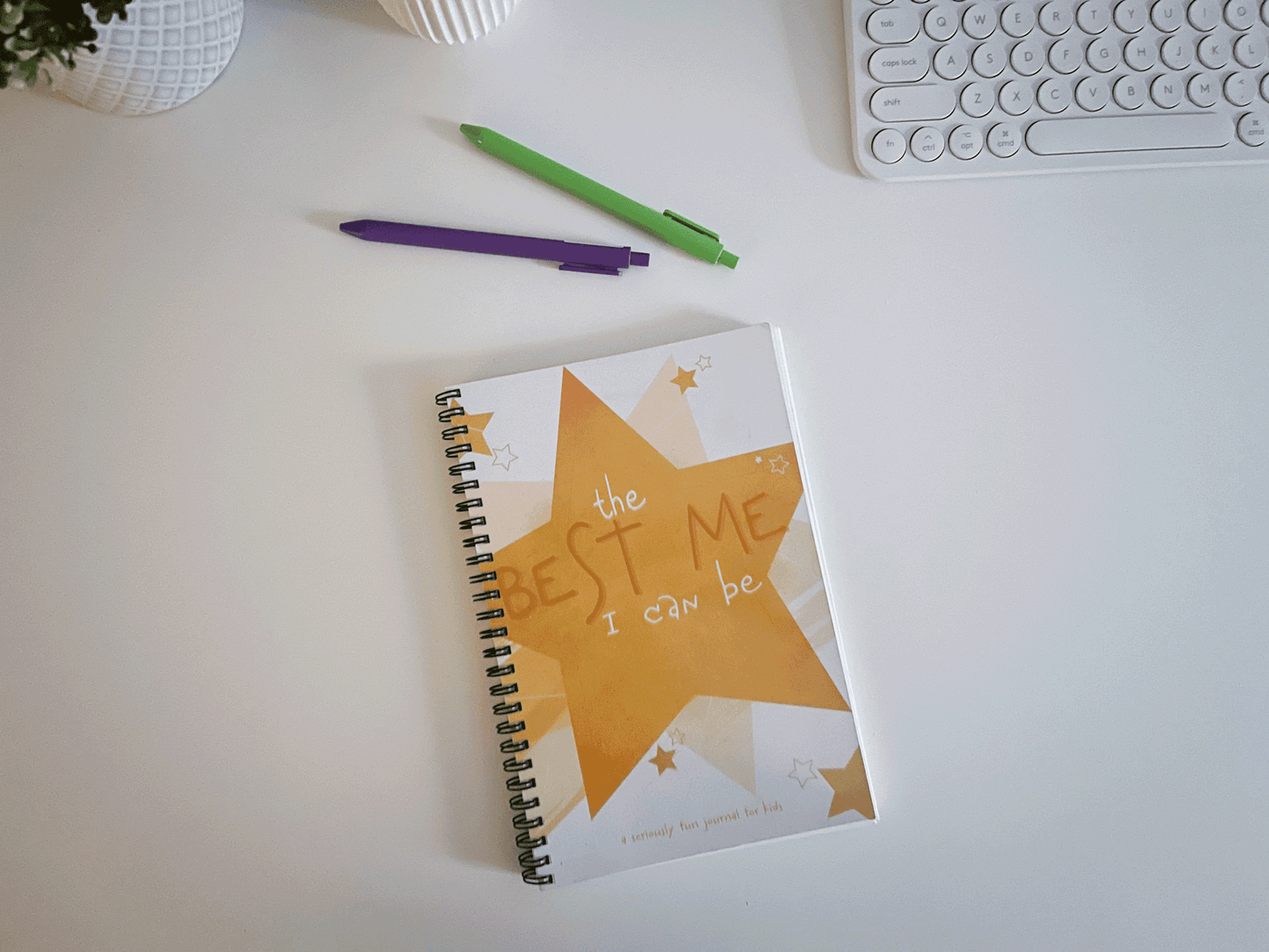Laundry today, or naked tomorrow!
Mary Jo GerdI recently saw one of those fun, painted wooden signs in a friend’s home that said, “Laundry today, or naked tomorrow!” Truer words have never been mass produced on a home décor item.
While the saying certainly gets a deserved laugh, it struck me that there’s something deeper in the message if we drill down a bit.
As families, we have to work as a cohesive group, otherwise we get caught with our pants down. Hang with me here… but we are not a functioning family unit when only one person is doing the majority of the work for the whole family. We are all laid bare and exposed for being self-serving, selfish, and, uncooperative. Those are not the qualities of a successful family.
Sure, there are periods when one person does a bit more, but those times should ebb and flow and ultimately even out over time. Each person must be a contributing member of the family.
Consider corporate America, when workers retreat to their cubicles do their individual work, never feeling valued for their contribution—the company isn’t going to cultivate loyal, enthusiastic team players.
How much more important this is in a family setting!
So, how do we get to a place of working together for the common good of our family? Sadly, there’s no magic bullet answer. And if there were, I’d track down that bullet on the internet and hit subscribe and save right now. But based on tried and true wisdom that spans cultures, time zones, and eras, it’s about rolling up our sleeves, slowing down, and doing the work as a team.
Not exactly the sexy answer you were looking for, but it may be easier to attain than you might think.
I came across an article some years ago that has helped our family revolutionize our ideas about fostering responsibility. It detailed a study that followed Mayan and indigenous families in Mexico to see why their kids seemed to be so dang happy about doing chores. Seriously?
Imagine, the kids are not only doing way more chores than most American kids, they are proud and happy to do their part. The study uncovered many of the problems we were encountering trying to get our kids to pitch in. If you’d like to go to the source yourself, it’s an illuminating read, check it out here where you can also listen to the story.
If you don’t have the time, let me break down the big take-aways that have had a direct impact on our family.
First off, starting early is helpful.
We’re talking ages 1-3. Kids are likely to put down a toy because they are fascinated by your sweeping or dusting. They instinctively want to help! Yay. Sadly, what I would do as a busy mom on the go, was discourage the help, or worse, micromanage my toddler. “You can’t get water all over the floor when you wash a dish.” The Mayan study begs to differ.
Let kids do something small, and let them make a bit of a mess, as long as they are learning. Messy toddlers doing chores translates to effective workers down the road—a worthy investment!
This is sooooo hard because it requires slowing down.
Mayan moms get their kids to help out the minute they show an interest. This can often happen even before kids are verbal. But if you’re kids are past toddler stage, no worries. This same rule applies. Model what to do, and then let them do it, but refrain from criticism. This is always counter-productive.
Second, try to work together and cultivate a feeling that we must help one another.
Think Three Musketeers. “All for one...” Mayan mamas and papas make sure their kids do chores for everyone else. For example, don’t just have your child wash and fold just their own clothes, have them do everyone’s. This instills an understanding that we are part of a group, not merely individuals.
Set a time on Saturday that is an hour for house work. Have a team huddle where you go down the list of to-do’s. Have kids pair up, or do each task together as a family. It’s more fun this way. Again, it would be much easier if one person tore through the list with efficiency, but these are opportunities to have everyone think outside themselves.
Lastly, don’t try to change a kid’s bad attitude.
If they’re grumbling, but helping, that’s a step in the right direction. Again, over time hopefully the attitude gets better. Keep at it. Amazingly, the more responsibilities my kids have, the less they grumble about it. It’s some strange alter universe situation, but it’s true. I used to tell them not to worry about chores during the week days of school, but when the weekend came around, oh boy were they grumpy. As I piled on the responsibility, they were strangely more accustomed to it, and now it’s a whole lot less complaining. Hallelujah!
Whether you’re American, Mayan, or reading this in Timbuktu, we’re in this together. Chores today, or naked tomorrow! Let’s clothe our kids in responsibility—together.
Both our Toddler Tool Kit and 5-Star Days help with getting everyone to chip in and take responsibility for their surroundings. They work wonders! Visit our store for all these and more!
